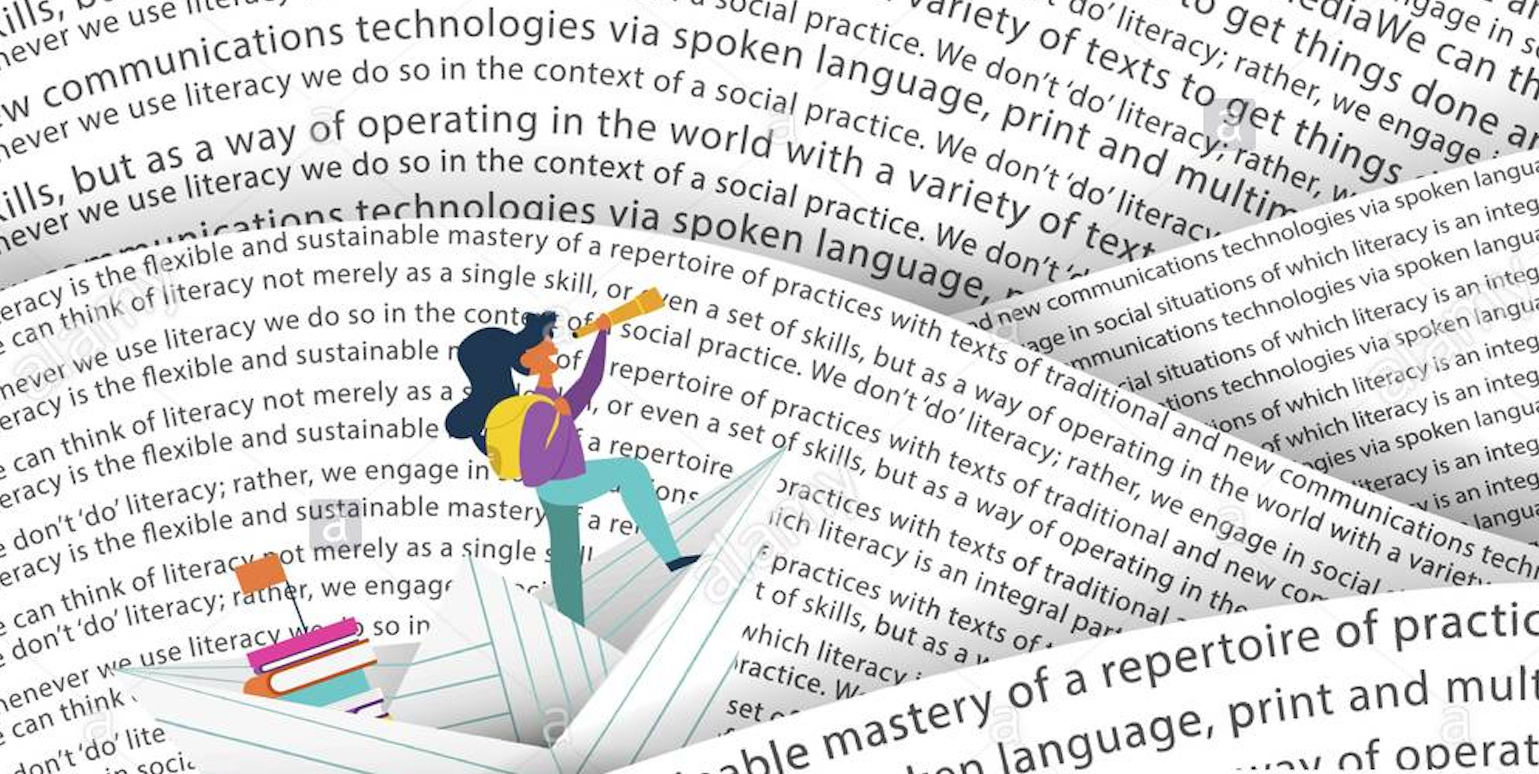
(The Hamilton Spectator – Saturday, May 25, 2019)
Today let’s talk about the liberal arts, and, in particular, words. This, because the Conference Board of Canada recently affirmed that the liberal arts are vital when it comes to preparing for the work world, if not life itself. Universities tracking these things are saying the same.
It’s refreshing news because to have a degree in say, literature, has often been lamented to be as helpful as having a hole in your head, at least when it comes to getting by in the so-called real world. You know, follow the market. The jobs.
But liberal arts very much do hone valuable job skills, including critical thinking, even as the liberal arts give a better understanding of our world – of time and place and who we are in our humanity – all good things to understand regardless of where your work life may lead you.
In my own experience, in the world of words, I’ve found two things. One is that literature, like few other disciplines, can get you out of yourself. It’s like travel, like you’re on a train or a plane. You see different places. Different perspectives. Secondly, related to this, stories also have a certain healing energy.
One example is John Gardner’s story “Redemption.” It’s a fine read. It starts out this way: “One day in April – a clear blue day when there were crocuses in bloom – Jack Hawthorne ran over and killed his brother, David.” It was a farming accident.
Jack’s family then creaks and groans along. The weight of loss, and guilt, falls especially hard, as you’d imagine, on young Jack. Even so, the boy eventually finds at least a measure of healing through a musical instrument, his French horn.
So “Redemption” is fiction. But here’s the thing. John Gardner, the flesh-and-blood writer, had a brother. And one day young John Gardner did, in fact, run over his brother with a cultipacker. “I’ve killed Gilbert! I’ve killed Gilbert!” he screamed, running into his home. Imagine.
Gardner explained his healing process decades later, especially when he could finally write “Redemption.” But firstly, when immersing ourselves in such stories, it’s you and me, readers, who, in our own common brokenness, experience a certain healing, or at least a deepened humanity.
This is what words can do. They can show a distilled truth that’s somehow clearer than our everyday world. Because words are incarnational. Written 38 years ago (when “Redemption” was written), or 138 or 1,138 years ago, they can be as alive today, and alive in us, as when they were first created. They leave you something to moodle over, sometimes for an entire lifetime. Moodle. You know, using both your noodle and your muse.
Of course, words are also used for other purposes. On the day I learned about Canada’s conference board affirming the liberal arts, the phone rang. And the voice – a little too earnest for my liking – asked, “Can we count on your support in the upcoming federal election?”
My moodling mood was spoiled. Because I was reminded of it, how words can destroy. Yes, here we are sailing into an election season where words will be horribly abused. They’ll be tossed around so that real people become little more than labels. He’s “left.” She’s “right.” And? Yes, words can get so worn and threadbare, they become valueless. Words can be maligned. Twisted. Darkened. They call it political rhetoric.
True, democracy, even the ugly side, works better than any other form of governance. I’ve travelled enough to know this. And good on those journalists who do their best to bring at least a semblance of truth to things, who try to sort things out and hold certain feet to the fire.
But I do have a distaste for much of it. And in recent years I’ve found myself seeking shelter in other places, being careful what words I consume, and how I consume them, and just where they come from. And I often find myself nourishing myself in these other places, so I can hear that still, small voice of larger truths.
It’s something for anyone to keep in mind. Words heal. Words destroy. As with so much of life, the choice is ours as to what we might do with it all.
